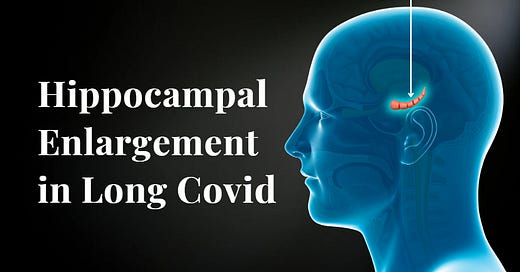A recent study revealed that individuals with Long COVID and ME/CFS exhibit an enlarged hippocampus compared to the general population. While this might seem like a concerning finding, it could actually be a sign of a heightened ability to detect internal changes, much like an early warning system for health threats.
Sensitivity to pain and discomfort is often viewed as a disadvantage, but in reality, it may help those with Long COVID recognize underlying issues before they escalate. Much like how people with peripheral neuropathy in diabetes fail to notice injuries, those who do perceive bodily distress can take proactive steps toward wellness.
Interestingly, research suggests that up to 30% of the population may retain spike protein, yet only a fraction experience symptoms. Those with Long COVID may actually be at an advantage; they are aware and motivated to take action, focusing on nutrition, lifestyle adjustments, and preventive health strategies.
Rather than seeing heightened sensitivity as a weakness, it may be a built-in protective mechanism. What if those with Long COVID aren’t just suffering but adapting in ways that could shape future medical understanding?













Share this post